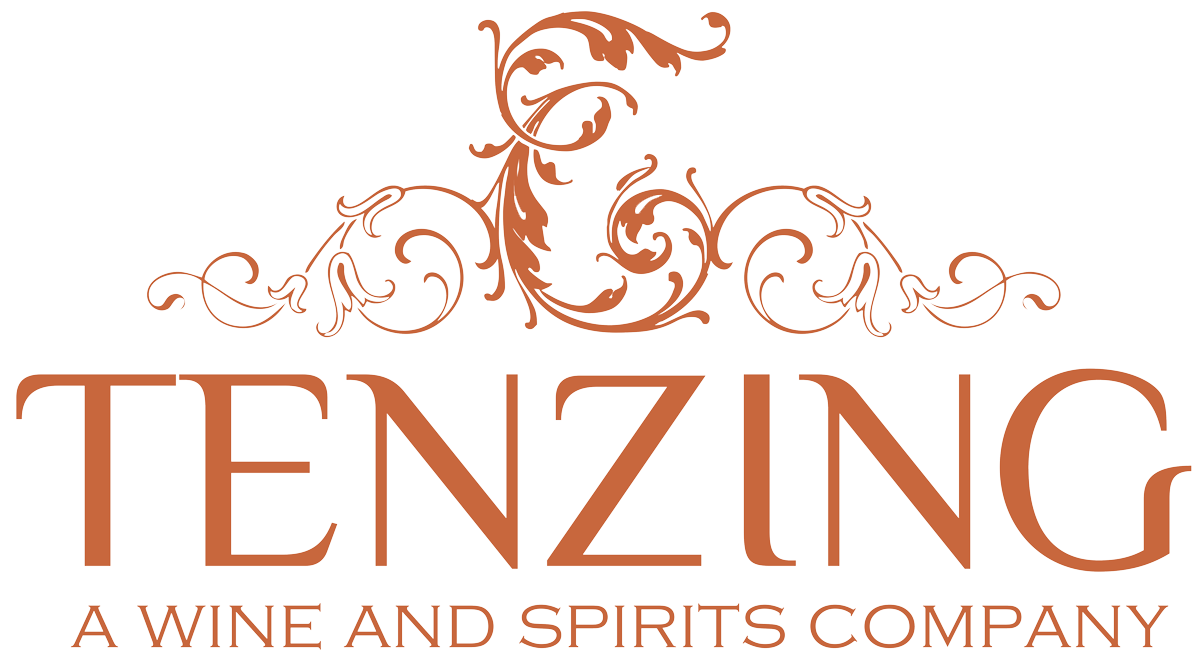Haras de Pirque
Supplier/Importer: Antinori
Region:Chile
Subregion: Maipo Valley
Appellation: Valle del Maipo
Nestled in the Chilean foothills of the Andes in the heart of the Maipo Valley, the Haras estate is a partnership between the Antinori family of Tuscany and the Matte family of Chile.
This land is dedicated to two passions: the raising of thoroughbred horses and the production of exceptional wines, from estate-grown fruit. Haras is renowned for its production of red wines, especially Cabernet Sauvignon. Sustainable practices and environmental responsibility are core vineyard management philosophies. All the grapes are hand-harvested and carefully sorted prior to crush.
The estate is situated in Pirque, one of the most prestigious and historical areas of the Maipo Valley. At the foothills of the cordillera de Los Andes, in the central area of the country, in a privileged zone for planting vineyards.
Between 500 and 800 meters above sea level is the Maipo Alto, an area with mild thermal oscillation where native vegetation such as myrtle and boldos thrive, which on certain occasions gives the wines distinctive balsamic notes. Thus, the wines produced in this area achieve a high concentration of tannins, great structure and intense color.
ORGANIC FARMING
In 2006, the property started to develop the organic management of Maipo-Andes vineyards, which was completed in 2016. Today all the grapes and wines from Pirque are organic, certified by the CERES institute, which means that in their production process only environmentally-friendly products are being used. The soil management is carried out exclusively by machine without the use of herbicides, while fertilization is made with natural compounds such as compost. In turn, the wines are fermented partially with natural yeasts selected from the vineyard, making sure that the characteristics of its surroundings are reflected in the wines.






